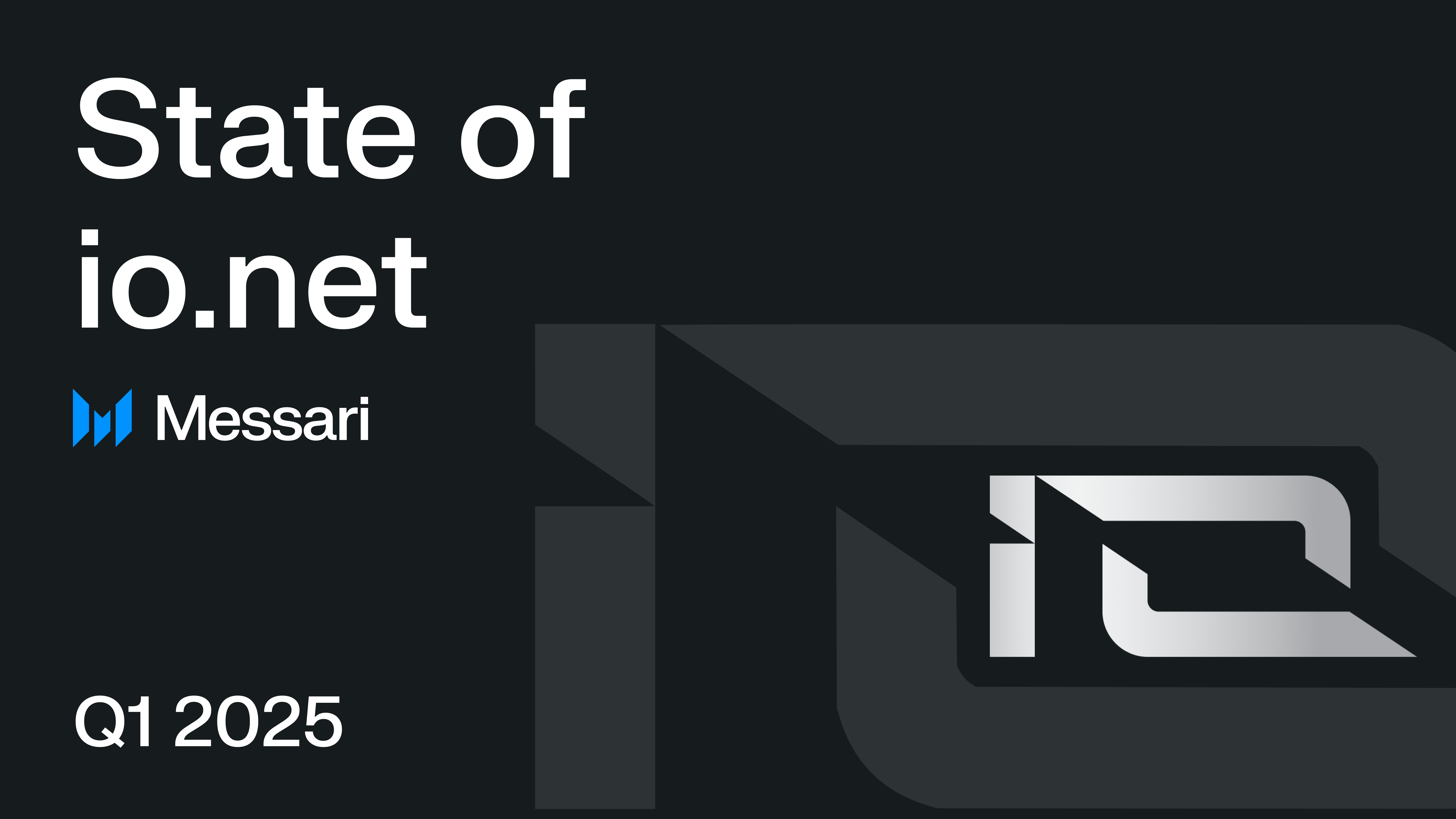Exploring DePIN: The Future of Decentralized Infrastructure in Web 3.0

In the rapidly evolving landscape of Web 3.0, decentralized physical infrastructure networks (DePIN) are emerging as a transformative force. These networks aim to decentralize essential services such as data storage and computing, making them more accessible and efficient. Among the standout projects in this domain are The Graph Protocol, Theta Network, Akash Network, Arweave, Filecoin, and Render Network. Each of these projects contributes uniquely to the decentralization movement, offering innovative solutions that challenge traditional centralized models.
The Graph Protocol serves as a decentralized indexing protocol that allows developers to access blockchain data quickly through GraphQL queries. By creating an open market for indexed data, it empowers users to curate and sell data sets known as subgraphs, enhancing the efficiency of decentralized applications (DApps). Similarly, Theta Network revolutionizes video streaming by utilizing users’ spare bandwidth to create a decentralized content delivery network (CDN). This not only reduces load times but also incentivizes users through its operational token, TFUEL, fostering a community-driven approach to content delivery.
On the cloud computing front, Akash Network offers a decentralized alternative to traditional services, enabling users to rent out their excess computing power. This model significantly reduces costs and democratizes access to cloud resources. Arweave stands out by providing permanent data storage solutions, ensuring that information remains accessible indefinitely without ongoing fees. Filecoin complements this by allowing users to rent out spare storage space, creating a decentralized marketplace for data storage. Lastly, Render Network leverages idle GPU power for tasks like 3D rendering, establishing a decentralized marketplace that connects users needing computational resources with those who have them available. Together, these projects are shaping a more open and accessible digital future, highlighting the potential of DePIN in the Web 3.0 ecosystem.
Related News





